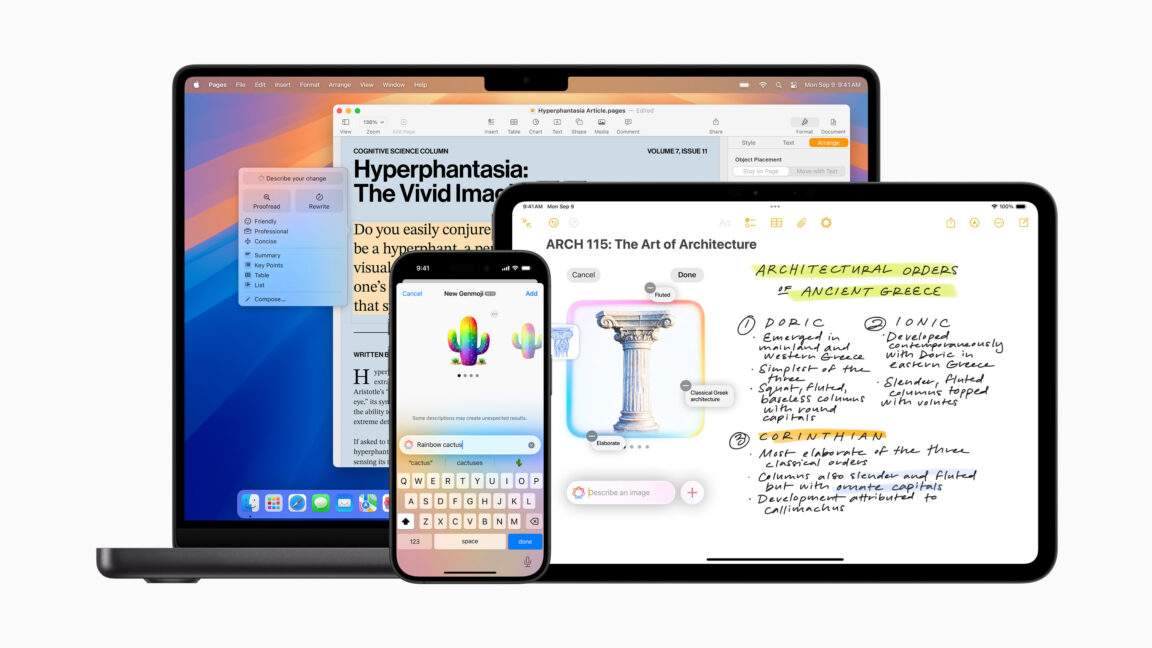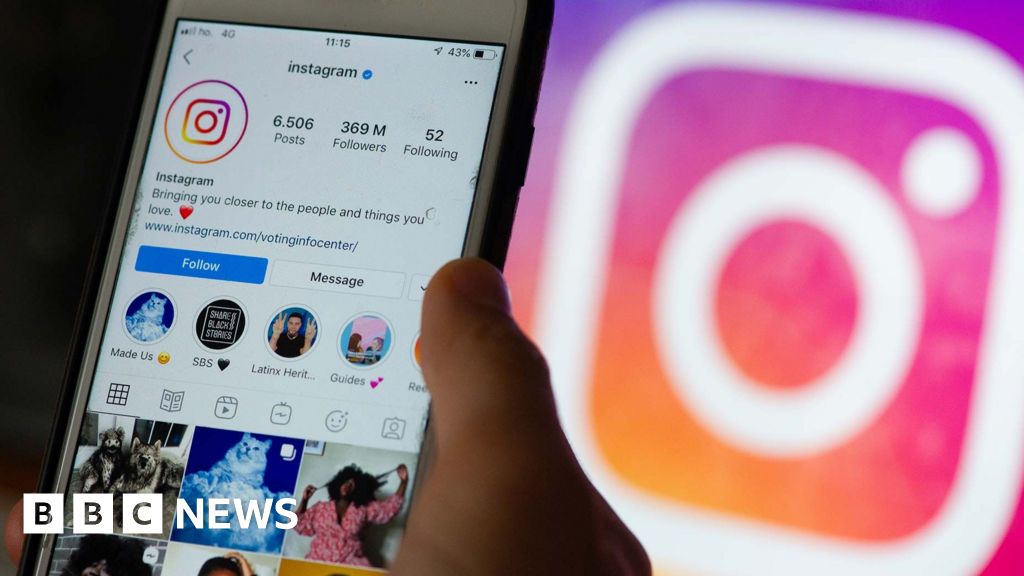Android 16 Update Brings Fixes and Improvements to Pixel 9 Devices

Introduction
The latest update for Android 16 is here, and it's bringing some much-needed fixes to the Pixel 9 series. This August update is rolling out to the Pixel 9, 9 Pro, 9 Pro XL, 9 Pro Fold, and 9a. With these fixes, users can expect improved performance and security on their devices.
Key Details
One of the key fixes included in this update is the August security patch, which addresses several vulnerabilities and security threats. This is especially important for users who rely on their Pixel devices for sensitive information and transactions. In addition, the update also includes improvements to the camera and overall system stability. Users can expect a smoother and more reliable experience with this update.
Impact
This update is a welcome addition for Pixel 9 users, as it addresses some of the common issues and concerns that have been raised by the community. With the August security patch and other fixes, users can feel more confident in the security and performance of their devices. This update highlights the ongoing commitment of the Android team to provide regular updates and improvements for their users.
About the Organizations Mentioned
Android
Android is a leading mobile operating system and technology organization originally founded in 2003 by Andy Rubin, Rich Miner, Nick Sears, and Chris White in Palo Alto, California. Initially, Android Inc. aimed to develop smarter digital cameras but pivoted to creating an operating system for mobile phones before smartphones became mainstream. In 2005, Google acquired Android, leveraging its Linux-based architecture to offer an open-source OS freely to hardware manufacturers, fostering widespread adoption[1][2][3][5][6]. Under Google's stewardship, Android rapidly evolved from its first public beta release in 2007 and commercial launch in 2008 to become the world’s most popular mobile OS. Its open model enabled device makers to customize and deploy Android on smartphones, tablets, wearables, smart TVs, and automotive systems. Key milestones include the introduction of Android 2.0 (Eclair) with multi-touch support in 2009, Android 4.0 (Ice Cream Sandwich) with a unified design in 2011, and subsequent versions featuring Google Assistant, Material Design, and advanced privacy controls[2][6][7]. Android's success hinges on its open-source foundation, enabling a vast ecosystem of applications via the Google Play Store, and its flexible integration across diverse hardware. It currently powers over 2.5 billion devices worldwide, dominating markets globally and shaping the mobile and connected device landscape[5]. Notably, Andy Rubin led Android’s early development at Google until 2013, after which he departed to pursue other ventures. The operating system continues to be developed on an annual cycle, with major releases announced at Google I/O and stable versions generally released between August and October[1][7]. In summary, Android transformed from a small startup concept into a global technology powerhouse, fundamentally changing how billions interact with mobile technology and digital services. Its combination of open-source innovation, strategic Google backing, and broad device compatibility remains central to its ongoing industry leadership.
Pixel
## Overview of Pixel The name "Pixel" refers to several distinct organizations, each operating in different sectors and regions. To provide clarity, this summary focuses on the most prominent entities: Pixel Digital Systems LLC and the unrelated Pixel Group in the United States. (Note: Google’s Pixel brand of consumer electronics is a separate entity and not covered here[2].) ## Pixel Digital Systems LLC **What It Does** Pixel Digital Systems LLC is a leading systems integrator and solutions provider based in the Gulf Cooperation Council (GCC) region, specializing in enterprise content management (ECM), business process management (BPM), enterprise performance management (EPM), and ERP solutions[5]. The company delivers end-to-end digital solutions, including workflow management, security, specialized print solutions, and cloud-based services tailored for industries such as manufacturing, retail, healthcare, banking, and engineering[5]. Pixel is recognized for its expertise in managed services, offering customized, turnkey solutions that integrate advanced technologies like SAP, Oracle, and IBM Cognos[5]. **History** Pixel has established itself over two decades in the Gulf, building a reputation for innovation and reliability in digital transformation[5]. The company’s leadership boasts over 20 years of regional experience, and its staff collectively holds more than 50 years of expertise in IT and office automation[5]. **Key Achievements** Pixel serves over 6,500 clients, providing scalable solutions that power business progress and digital maturity[5]. Notable achievements include successful large-scale migrations for high-profile regional banks and airlines, helping these organizations modernize their print environments and meet strategic objectives[4]. The company is also recognized for its customer-centric approach, prioritizing quality, value, and efficiency in every engagement[5]. **Current Status and Notable Aspects** Pixel continues to grow as one of the largest managed services providers in the GCC, with a strong focus on cloud, mobility, and analytics[5]. Its mission center
Pixel 9
Pixel 9 is a flagship smartphone developed and marketed by Google under its Pixel product line, representing a blend of advanced hardware and artificial intelligence (AI) capabilities designed to enhance productivity and creativity for business and general users. The Pixel 9 series includes models such as Pixel 9, Pixel 9 Pro, and Pixel 9 Pro Fold, with a focus on integrating Google's AI technology, particularly the Gemini AI assistant, to streamline tasks like email summarization, meeting organization, and multitasking across apps[4][7]. Google introduced Pixel 9 as part of its ongoing evolution of Pixel phones, emphasizing AI-driven features such as enhanced camera capabilities including night sight mode for low-light photography and AI-powered video enhancements that improve quality post-capture[3][6]. The device supports gesture navigation by default but also offers traditional button navigation for user preference[2][8]. Key achievements of Pixel 9 include the integration of Gemini AI, which acts as a built-in assistant activated by voice or button, enhancing productivity by providing smart summaries and quick information retrieval without switching apps. The Pixel 9 Pro Fold stands out with its large flexible display and professional-grade performance, including 16 GB RAM and multitasking features like Split Screen and tabletop mode for video meetings, tailored for business users[4][7]. Additionally, Pixel Screenshots offer AI-powered organizational tools, enabling users to quickly search and recall information from saved images with natural language queries[5]. Currently, Pixel 9 is positioned as a leading device for both business and technology enthusiasts, offering robust security, privacy controls, and seamless integration with Google's ecosystem. Its innovative use of AI sets it apart in the smartphone market, making it a compelling choice for users seeking a smart, efficient, and secure mobile experience powered by Google's advanced technology[4][7].













